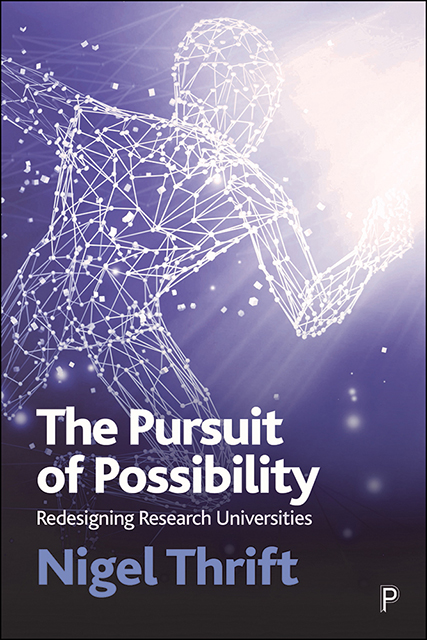3 - So What is a ‘University’? Part 2: Students, Parents and Other Constituencies
Published online by Cambridge University Press: 21 June 2023
Summary
Undergraduate students
Then, there are, of course, undergraduate students … All kinds of rubbish has been talked about students over the last few years. For example, according to some, they’ve all turned into snowflakes. T’was always thus, one might say. In many ways, this is just the latest variant on the ‘young people, I don’t know what’s got into them’ theme.
The motivations of most undergraduate students are pretty much as they always were. Heads down. Don’t make a big fuss. Get on with it. Leave and get a job. Hope to have a moderately good time at university. Maybe indulge in some sexual activity along the way (though nowhere near as much as is sometimes made out (Hillman, 2021b)). Find out some interesting and useful things and every now and then come across a book or paper or a lecture that provides genuine intellectual inspiration. They’re not the finished article and they know it. Marginson (2018, p. 17) puts it well when he discusses students’ various and variable motives for study:
Some love the subjects they study and find knowledge to be an end in itself. … Some are intensively engaged in cultural or political action on campus. Some have a passion for the common good and imagine themselves working on global problems in the future. Many are simply ‘finding themselves’ while moving into adult life. Some want to please their families … And, typically, students nurture more than one of these different higher education projects at the same time.
For international students, often dependent on parental savings from a lifetime of hard work, and therefore committed to paying back by producing a good performance, the family obligation characterisation often holds doubly true. For example, Chinese students, brought up in a different tradition which includes Confucian ideas of active learning, tend to work doubly hard. One study (Shostya, 2015) of business students in New York and Shanghai founds that, outside of classes, Chinese students spent an average of 9.6 hours per week reading and 22.3 hours a week in study.
- Type
- Chapter
- Information
- The Pursuit of PossibilityRedesigning Research Universities, pp. 72 - 100Publisher: Bristol University PressPrint publication year: 2022



